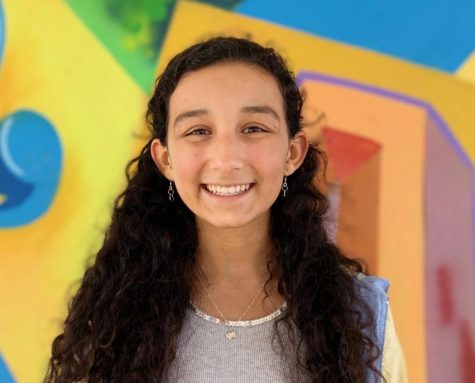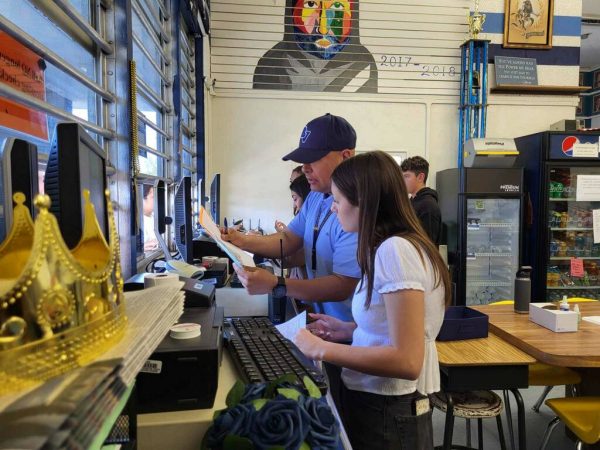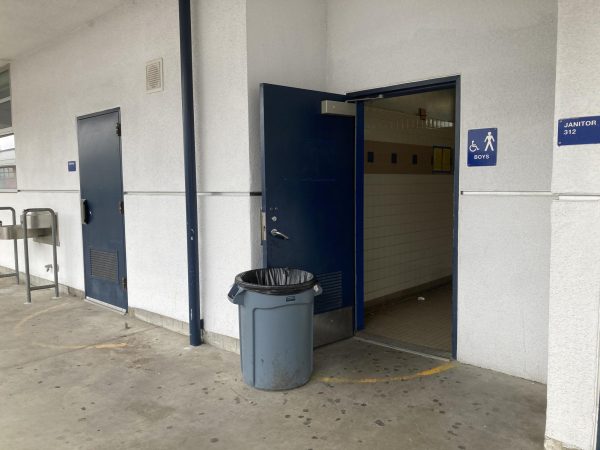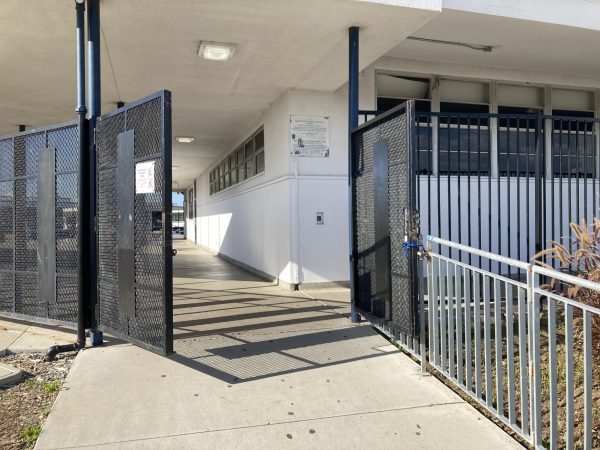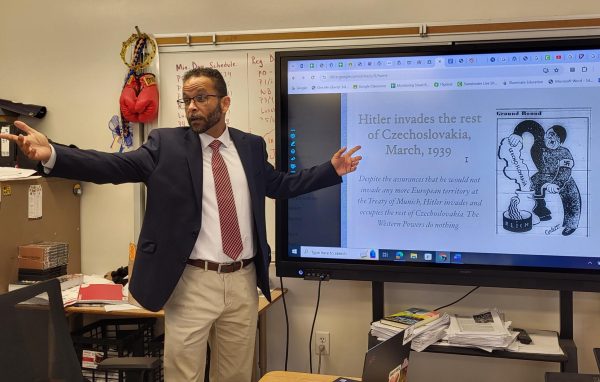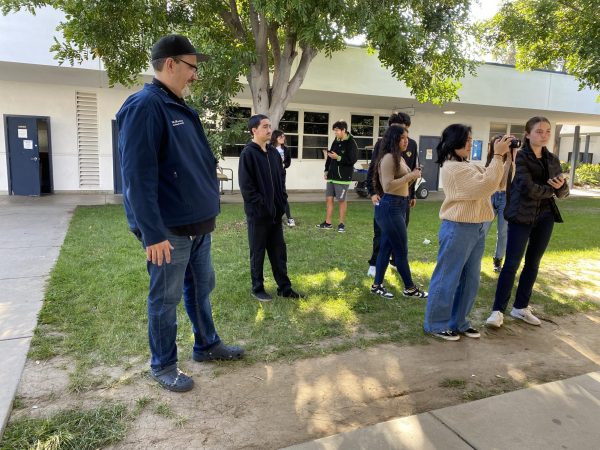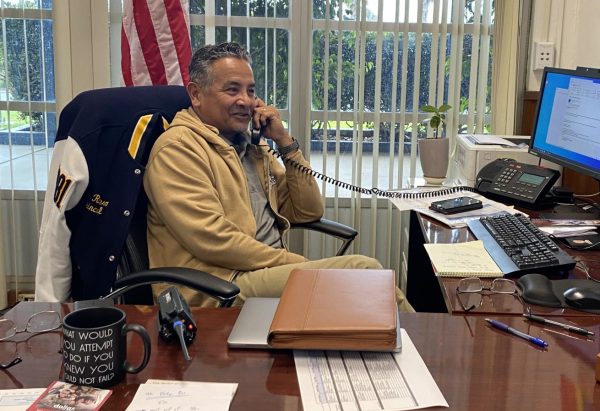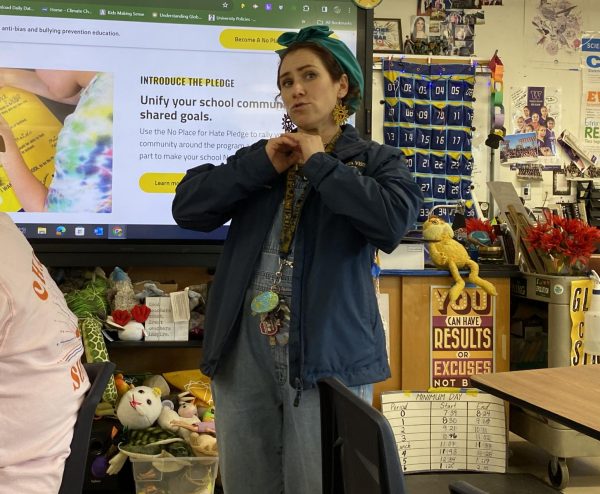SUHSD holds workshop to plan 2020-21 budget priorities after 2019 budget crisis
January 14, 2020
For four hours on Jan. 13, 2020 the Sweetwater Union High School District (SUHSD) board and additional administrators held an open workshop to discuss, plan and receive community input for the upcoming 2020-2021 budget cycle, which will be formalized in June of this year. The workshop consisted of establishing priorities, Board of Trustee members gaining clarification on different subjects and the reviewing of the 2019-2020 budget in order to plan for future budget reductions.
Throughout the meeting, there was a focus on learning from the current budget cycle to help counterbalance the budget crisis that has resulted in the SUHSD currently being over 35 million dollars in debt.
“I think we’ve all learned from that [the budget crisis]. That’s a worse case scenario,” Board of Trustee member Paula Hall said during the workshop.
Before reviewing the budget that was implemented in the 2019-2020 cycle, the workshop facilitator led the board in reviewing the organized priorities that any new budget reductions would be based on. These were organized into “Low,” “Medium” and “High” sections, categorized as such to respond to the posed question “what does each student need to succeed?”
Board of Trustee member Frank Tarantino was the only member to propose a change to the priorities, suggesting that “nutrition” be moved from the “Medium” priority section to the “High” priority section, where “supplies/material” and “mental/emotional wellbeing” sat along with other focuses. After a short period of discussion, however, only Board of Trustee member Kevin Pike agreed with Tarantino and “nutrition” was left in the “Medium” list of focuses.
Following the cementing of the priorities for the board, the current budget was analyzed by section, allowing board members to ask questions and propose ways to further cut spending. Some of the subjects that were briefly expanded on as the board members reviewed the areas of the budget were learning centers, Assistant Principals, the Equity and Culture Department and online gradebook systems.
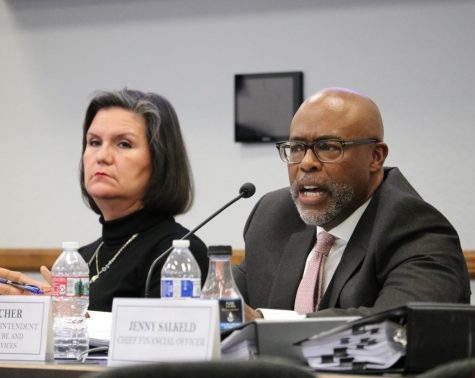
Assistant Superintendent for Equity, Culture, and Support Services Joe Fulcher responds to questions from the Sweetwater Union High School District Board of Trustees at a budget workshop on Monday, Jan. 13, 2020. Equity, Culture, and Support Services Department runs the district’s Learning Centers in addition to several other programs.
When Hall raised the question of overstaffed departments within the district, Board of Trustee member Nicholas Segura responded by stating that administration must “start with cuts at the top” if they are “going to ask for cuts at the bottom.” At the beginning of the workshop, multiple SUHSD teachers spoke about the fear that SUHSD staff members had of being let go. Later, when reviewing the positions removed for this budget cycle, however, Superintendent Karen Janney asked for it to be remembered that the district has focused on eliminating positions, and not people.
In addition to the possibility of cutting more positions, the board also mentioned the possibility of consolidating learning centers to reduce costs. After Segura questioned this potential change, Assistant Superintendent for Equity, Culture and Support Services Joe Fulcher, Ed.D. stated that his department wishes to keep learning center programs as close to their respective communities as possible, but also recognizes that the district is “in a unique situation.” Therefore, he stated, the Equity, Culture and Support Services department is “entertaining possible consolidation.”
Segura expanded on this possibility by suggesting that Learning Centers with lower enrollments could be combined, although he stated that he strongly supported and understood their importance and role in the lives of students.
During the workshop, the current use of three different online gradebook programs was highlighted, with an explanation from the Director of Information Technology and Enterprise Architecture David Delacalzada. While some teachers prefer Jupiter Grades, others use Canvas or Infinite Campus. For this school year, the district is paying 60 thousand dollars for Canvas and 62 thousand dollars for Jupiter Grades. According to Delacalzada, if Infinite Campus was eliminated, SUHSD would not receive any financial gain because of the fund that Infinite Campus is paid out of.
“A decision is going to have to be made,” Delacalzada said in regards to changing the gradebook options within the district. However, according to Delacalzada, any change will cause a “ripple effect” throughout the SUHSD community. While financially, only paying for one online gradebook is the best option, there would be a loss of a knowledge base and a resistance to change if two of the three gradebook systems were to be eliminated. Delacalzada believes that it would be essential to have staff, parents and students understand the cause for the decision if any gradebook system was put out of use. Delacalzada wishes to ensure student interests are highlighted in this process and Janney also wants to get input from students and teachers throughout this course of action.
As this meeting was only the first of two budget workshops scheduled in January, several subjects were only touched upon during the Jan. 13 meeting. For example, Segura referenced the way that the Assistant principal position is used in the San Diego Unified School District, where high schools have two assistant principals and middle schools have one, as a potential direction for SUHSD to move in. This inquiry may be added to the list that will be developed based on this workshop for the upcoming budget-planning meeting on Wednesday, Jan. 22, 2020.

